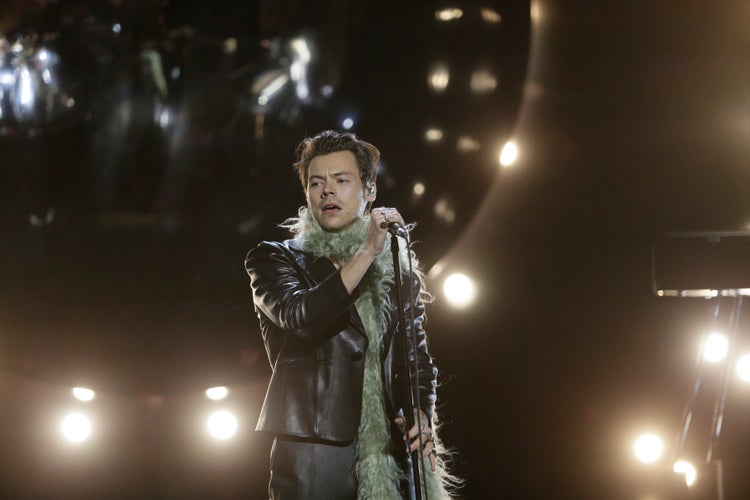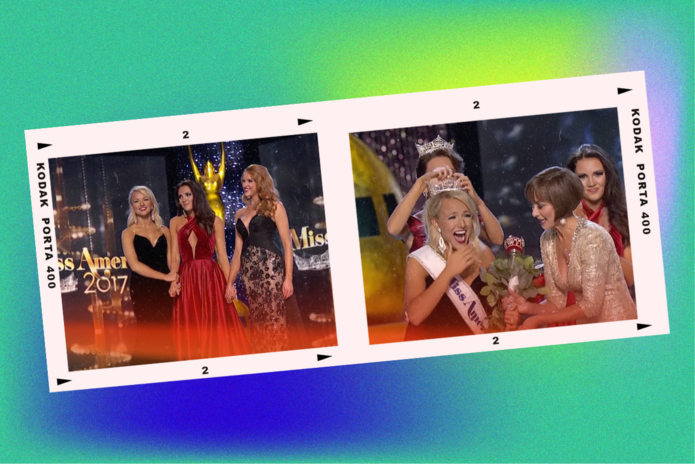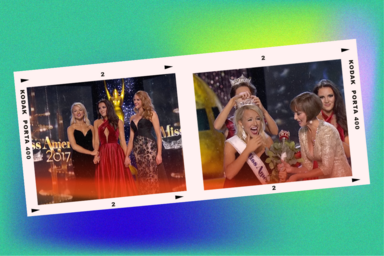Many people in modern society feel a sort of negative connotation when they hear the words “Miss America Pageant.” Once known for its glitz and glamour, the pageant has now been reduced to a competition that seemingly turns women against each other, a competition that judges not on brains but on beauty, a competition that makes the audience insecure about their own bodies and femininity.
It was not always meant to be this way. After doing some light digging, I came across the “Miss America: A History” page online. Beginning in the 1920s, the pageant focused on a “new image” for women: the “modern” woman. The page describes the modern woman as a woman who exercises and lives a life of healthy eating, in contrast to the previous image of the ideal woman at that time, who is delicate and “fragile.” Does promoting a lifestyle full of activity and wellness sound so bad to you?
You may be familiar with a British singer by the name of Harry Styles. I grew up listening to him in a boyband called “One Direction” and still follow his journey as a solo artist to this day. Over the past few years, Styles has made headlines for his “questionable” fashion choices. These include painting his nails, wearing a string of pearls around his neck and sporting dresses on the cover of Vogue.

His loyal fans and followers, as well as myself and many others, embraced these more feminine fashion choices of his with open arms. The backlash he received from these choices was buried under the mass of support and praise, and he paved the way for many other males to branch out and appreciate these more feminine trends as well. Dresses, pearls, and painted nails, once intended for just women, are modern examples of fashion that the population can enjoy, regardless of gender. If Harry Styles can be considered honorable for embracing traditional forms of femininity, women should be accepted for doing the same, whether it’s wearing dresses or “looking pretty.”
I constantly hear backlash regarding the Miss America pageant and its dishonor to women, but have you ever heard of a bikini competition? Bikini competitions are almost exactly what they sound like, a competition where women parade around in their bikinis, showing off their bodies. Unlike the Miss America pageant, bikini competitions don’t hold talent portions or interview questions. Contestants aren’t required to have philanthropy, either. Instead, competitors work grueling hours with little rest to try and maintain an unrealistic and unhealthy body just for a few hours of competition.
Most of the time, this includes two workouts per day, eating only vegetables, lean meat and protein, little carbs, and drinking water, as well as spending hundreds of dollars on hair and makeup, spray tans, bikinis, and heels for the day of the competition. Again, participants are praised for their hard work, their motivation, their unhealthily low body fat percentage, and most importantly, their image and their image alone. The average body fat percentage of a “fit” woman is 21 to 24 percent. 25 to 31 percent body fat percentage is deemed acceptable for a woman who is not as active on a daily basis. A bikini competitor has an average of 8 to 13 percent body fat and is praised for it. Why can’t Miss America be praised for doing the same, plus more?
Maybe over the years, the Miss America Pageant has turned into something it wasn’t originally intended for. Maybe adding a swimsuit portion to the competition to showcase women who exercise and eat healthily was the wrong approach. Showcasing the talent and answering interview questions on the spot in addition to maintaining a healthy lifestyle, however, should not be considered dishonorable. Bigger issues regarding femininity and an ideal image, such as social media, filters, and photoshop are more of a threat than Miss America will ever be. Consider this an unpopular opinion, but I can’t bring myself to believe the swimsuit portion of the Miss America pageant is dishonoring to the female population.


